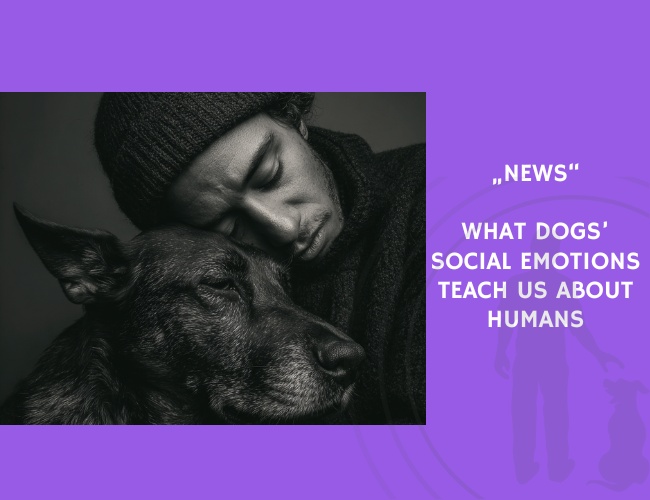D. Mobbs (2018) argues that the domestication of dogs, and the artificial selection shaping their social traits, makes them valuable models for studying human emotions. While jealousy in humans has been linked to adaptive functions such as preventing infidelity or promoting fairness, its expression in dogs raises fundamental questions about how emotions evolve and function across species.
Domestication has equipped dogs with facial musculature and emotional circuits not seen in wolves, enabling richer social communication with humans. This “engineering” of canine social emotions highlights parallels with human emotional development, where cultural and familial influences shape emotional expression. The review emphasizes that dogs’ neural circuits for social emotions may overlap with those of humans, as shown in brain imaging studies such as Cook et al. (2018), where canine jealousy activated the amygdala, similar to human responses.
Mobbs situates this debate within competing frameworks of affective neuroscience. On one hand, Panksepp’s theory of hard-wired circuits suggests that emotions like jealousy may extend from primal systems such as rage. On the other, Barrett’s Conceptual Act Theory proposes that dogs may not have the “concept” of jealousy, even if their behaviors resemble it. Despite this debate, Mobbs concludes that dogs’ social emotions are socially engineered through domestication and provide a unique window into the evolutionary purpose of human emotions.
Ultimately, the study underscores that dogs mirror human social emotions not by coincidence but by design, offering insights into the functionality and evolutionary mechanisms of emotions such as jealousy, guilt, and loyalty. This highlights their role as both companions and powerful comparative models in affective neuroscience.
Source: Mobbs, D. (2018). What can the social emotions of dogs teach us about human emotions. Animal Sentience, 3(5). Publication Year: 2018. Author: D. Mobbs. Citations: 3.










